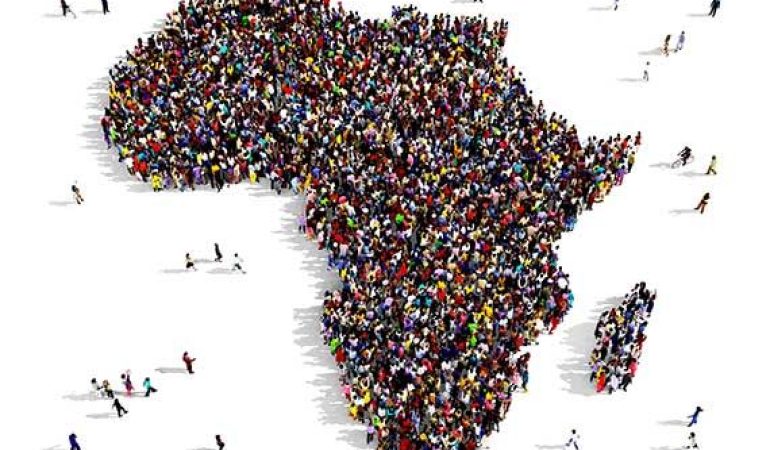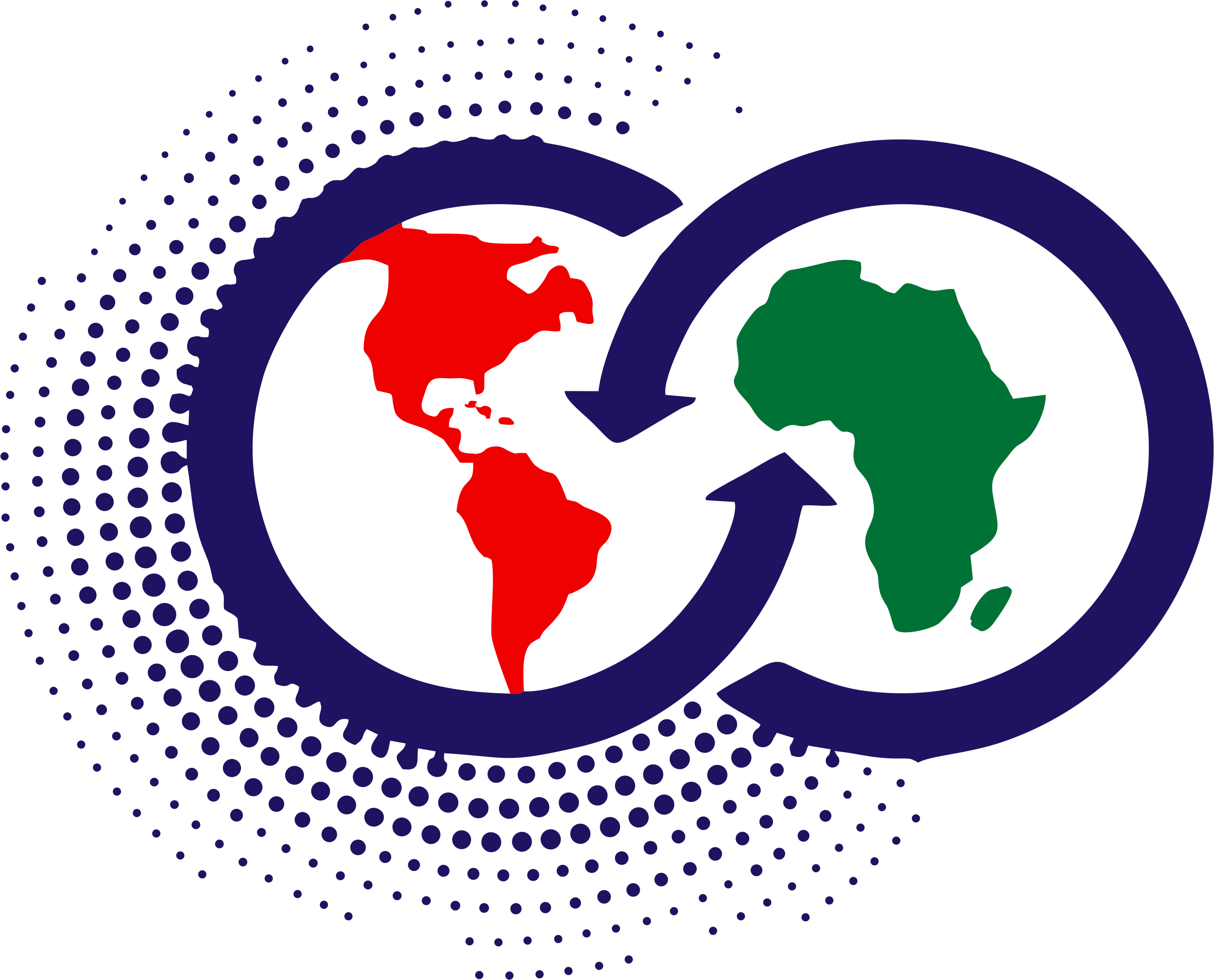
International Migration Policy and Governance
Nigerian citizens in the diaspora have contributed immensely to Nigerian development, principally through inflows of migrant remittances and also through trade, investment and skills transfer. However, public discourse on migration policy has focused more on the increase of irregular migration from Nigeria than on creating legal pathways for safe and orderly international migration through the implementation of planned and well-managed migration policies.
The number of international migrants originating from Nigeria has tripled from about 450,000 in 1990 to 1.4 million in 2019. However, the share of international migrants as a proportion of Nigeria’s population has increased marginally from 0.5 percent in 1990 to 0.7 percent in 2019. Compared to other Sub-Saharan African countries or globally, the share of international migrants in Nigeria’s population is much smaller. The share of international migrants in the global population has increased from 2.9 percent in 1990 to 3.5 percent in 2019, while the share in Sub-Saharan Africa decreased from 3 percent in 1990 to 2.5 percent in 2019. Moreover, there were 2.1 million internally displaced persons (IDPs) in Nigeria in 2020.
In recent years, the Federal Government of Nigeria (FGN) has taken steps to strengthen migration governance in Nigeria through the adoption of several legal and policy frameworks, including the National Migration Policy 2015, the National Policy on Labour Migration 2014 and the National Diaspora Policy 2021. The National Migration Policy is implemented through the following migration governance structure:
National Consultative Council
This level comprises of Head of Ministries and Agencies handling migration matters.
Technical Working Groups (TWGs)
These are the government agencies and NGOs representatives handling migration issues, under the leadership of the National Commission for Refugees, Migrants and Internally Displaced Persons (NCFRMI), the coordinating agency for migration issues in Nigeria.
The Lead Agencies
These are the government agencies handling various component of migration and development. They coordinate the activities of various related agencies and report to TWGs quarterly.
State/Non-State Actors
These are the MDAs and NGOs handling specific migration activities and report to their specific migration lead agency.
LADI will seek membership of the Technical Working Groups (TWGs) on migration and development and will participate actively in deliberations to strengthen implementation of the National Migration Policy 2015.
Fundraising for the people and causes
Nigerian citizens in the diaspora have contributed immensely to Nigerian development, principally through inflows of migrant remittances and also through trade, investment and skills transfer. However, public discourse on migration policy has focused more on the increase of irregular migration from Nigeria than on creating legal pathways for safe and orderly international migration through the implementation of planned and well-managed migration policies.
